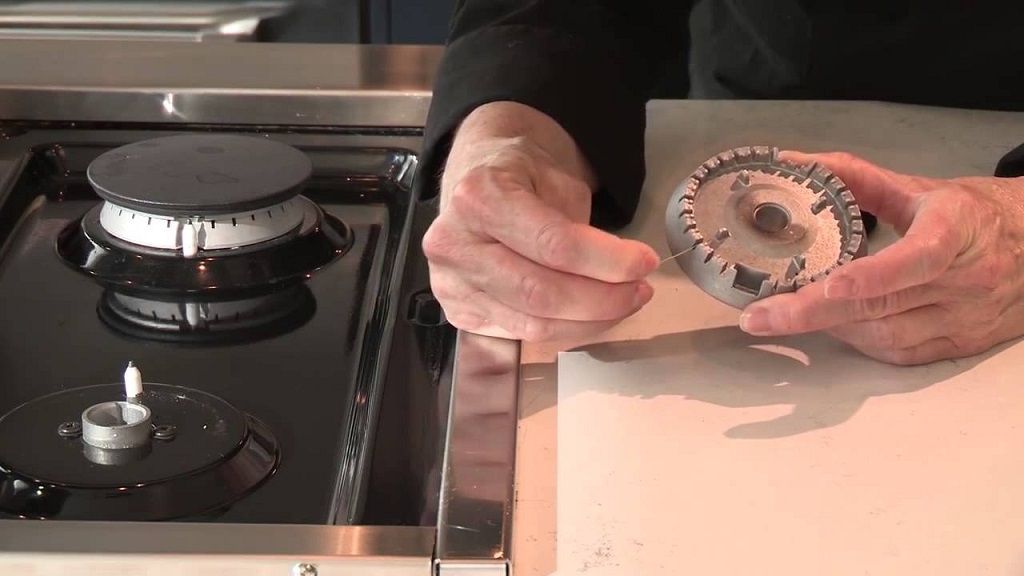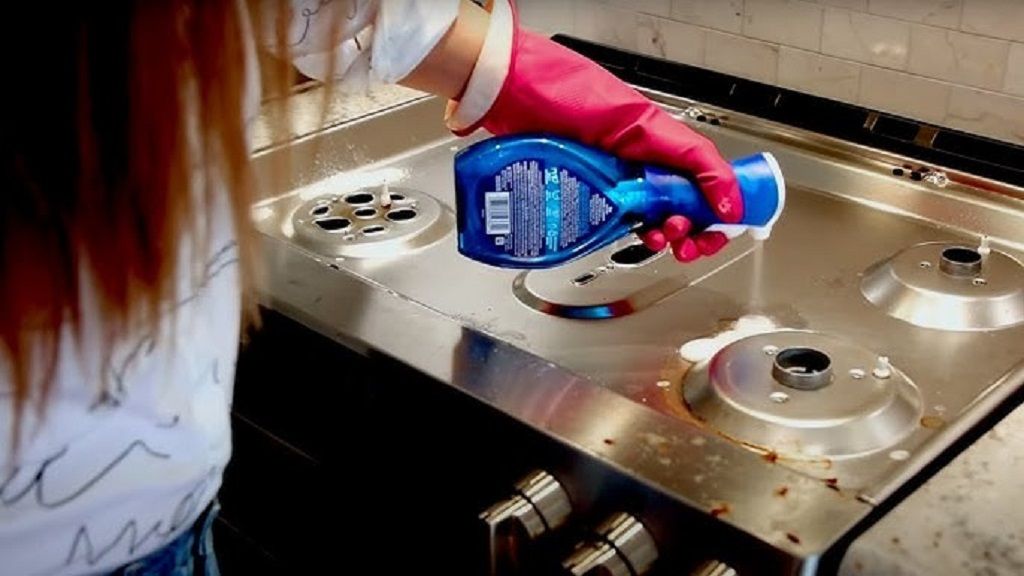
How to Clean the Burner Ports of a Gas Tea Stove Burner for Optimal Performance
Gas tea stoves are essential for quick boiling and perfect tea brewing. However, their efficiency depends heavily on clean burner ports. Blocked or dirty ports can lead to uneven heating, wasted gas, and frustrating kitchen experiences. This guide offers a step-by-step walkthrough to ensure your stove performs at its peak. Explore Firstgradeappliances for additional maintenance tips and tricks for household appliances.
Why Cleaning Burner Ports Is Crucial for Your Gas Tea Stove

Burner ports are small openings in the burner head where gas flows to ignite the flame. If these ports become clogged with grease, food debris, or rust, they hinder proper combustion. The consequences? Uneven flames, weak heating, or even safety hazards.
- Energy Efficiency: Clean ports ensure the proper release of gas, minimizing waste.
- Prolonged Appliance Life: Regular cleaning protects your burner from rust and damage.
- Safety First: Blocked ports can cause backfires or incomplete combustion, leading to carbon monoxide exposure.
Read More Also: Your Path to Becoming a Successful Motivational Speaker
Common Signs Your Burner Needs Cleaning
How do you know when it’s time to clean the burner ports? Here are some telltale signs:
- Irregular flame patterns: Uneven flames or weak output.
- Delayed ignition: Clicking sounds that last too long before the burner lights.
- Discolored flame: A yellow or orange flame instead of a steady blue one.
- Unpleasant odors: Lingering smells of gas or burning debris during use.
These symptoms indicate your burner isn’t operating efficiently. Addressing the issue promptly can prevent further damage.
How to Prepare for Cleaning the Burner Ports
Before diving in, gather the necessary supplies to ensure a smooth cleaning process:
- Soft brush or toothbrush
- Needle or pin for unclogging ports
- Mild detergent or vinegar solution
- Cloth or sponge
- Gloves for protection
Safety Precautions
Always prioritize safety when working with gas appliances:
- Turn off the gas supply before cleaning.
- Allow the burner to cool completely to avoid burns.
- Use non-abrasive tools to prevent damage to delicate parts.
Steps to Clean Burner Ports of a Gas Tea Stove
- Remove the Burner Components
Start by disassembling the stove burner. Detach the burner cap, grate, and head carefully.
- Inspect the Burner Ports
Examine the small holes in the burner head. Are they clogged with grease or food particles? Identifying the severity of blockage will guide your cleaning efforts.
- Clean Surface Grime
Soak the burner head in warm, soapy water for about 15 minutes. This loosens grease and debris. Use a soft brush to scrub away stubborn dirt.
- Unclog the Burner Ports
Using a needle or pin, gently clear any blockages in the ports. Avoid widening the holes, as this may alter flame intensity.
- Rinse and Dry
Rinse the burner head with clean water and wipe it dry with a cloth. Ensure no moisture remains to prevent rust.
- Reassemble the Components
Once all parts are clean and dry, reassemble the burner, ensuring each piece fits securely.
Addressing Specific Issues: When the Burner on Stove Stays on High
Sometimes, cleaning isn’t enough, and operational issues like a burner on stove stays on high occur. Learn about potential causes and solutions by visiting experts.
This issue often stems from faulty control knobs or damaged burner switches. Regular maintenance, paired with professional assistance when necessary, can resolve such problems efficiently.
Pro Tips for Keeping Burner Ports Clean
- Regular Maintenance: Clean your stove weekly to avoid buildup.
- Use a Protective Cover: Prevent food spills from reaching the burner ports.
- Inspect for Rust: Regularly check for signs of rust and address them immediately.
- Avoid Harsh Chemicals: Stick to mild detergents to preserve the burner’s integrity.
FAQs
How often should I clean the burner ports of my gas tea stove?
Cleaning once a month is usually sufficient, but weekly light maintenance is ideal for heavy use.
Can I use baking soda to clean burner ports?
Yes, a paste of baking soda and water works well for loosening grime without causing damage.
What should I do if the flame is still irregular after cleaning?
Ensure all parts are reassembled correctly. Persistent issues may require professional inspection.
Is it safe to clean the burner with vinegar?
Absolutely! Vinegar is a natural cleaner that effectively removes grease and residue.
What tools are best for unclogging burner ports?
A fine needle or pin is perfect for removing blockages without enlarging the holes.
Why does my gas stove emit a bad odor during use?
This often indicates dirty or clogged burner ports. Cleaning should resolve the issue.
Conclusion
Keeping the burner ports of your gas tea stove clean is a simple yet impactful task. Regular maintenance enhances performance, reduces safety risks, and prolongs the appliance’s life. By following the steps outlined above and incorporating preventive measures, you’ll enjoy hassle-free cooking every day.




